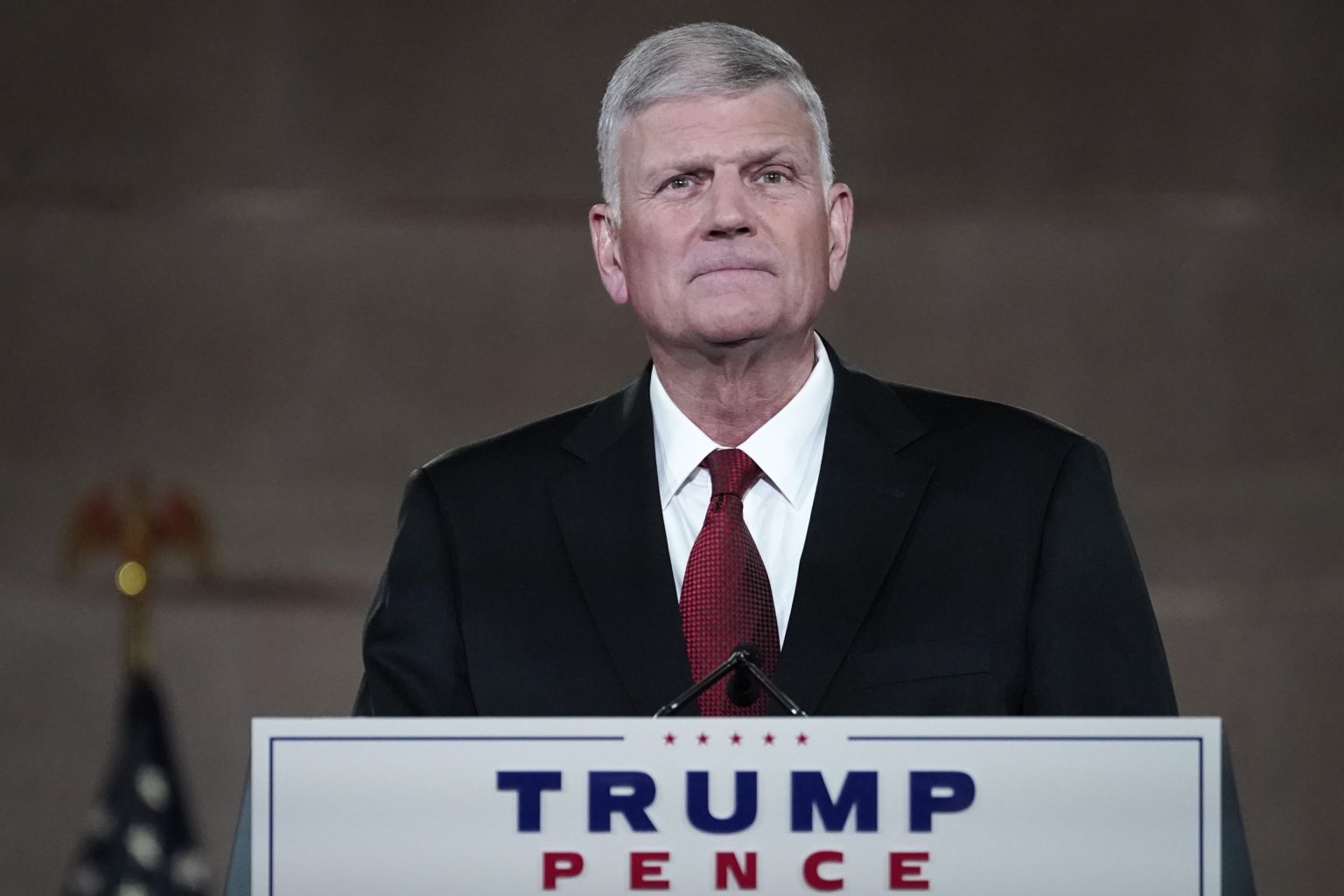After former President Donald Trump was found guilty on 34 counts of falsifying business records in March 2023, evangelical leader Franklin Graham took to social media to urge Americans to “pray for our nation” following the verdict. Graham, a staunch supporter of Trump, expressed concern about the legal system and called for God’s guiding hand on the nation. In response, George Conway, a vocal Trump critic and lawyer, mocked Graham’s post on social media, sarcastically commenting on the situation. This interaction between Graham and Conway highlights the deep political divisions in the country and the different perspectives on Trump’s guilt.
Graham’s post received significant engagement on social media, with thousands of likes, shares, and comments. The evangelical leader’s support for Trump and his questioning of the legal system after the guilty verdict reflect the ongoing debate about the former president’s actions and the consequences of his behavior. While some see Trump’s conviction as a victory for justice, others continue to believe in his innocence and claim that the trial was rigged against him. This divide in opinion is emblematic of the broader political and social polarization in the United States.
Conway’s mocking response to Graham’s post underscores the confrontational nature of political discourse in the country. As a vocal critic of Trump, Conway has consistently challenged the former president and his supporters, using social media and other platforms to express his views. His sarcastic comment aimed at Graham’s post reflects the animosity and tension between individuals with differing political opinions. The interaction between Conway and Graham serves as a microcosm of the larger debates and conflicts that continue to shape American society.
The clash between Graham and Conway also highlights the role of religion in politics and the ways in which faith can influence public discourse. As an evangelical leader, Graham’s statements about Trump and the legal system are framed within a religious context, emphasizing the importance of prayer and faith in times of crisis. Conway, on the other hand, approaches the situation from a more secular perspective, using humor and sarcasm to criticize Graham’s views. This juxtaposition of religious and secular perspectives adds complexity to the debate surrounding Trump’s guilt and the implications of his conviction.
The exchange between Graham and Conway demonstrates how social media has become a battleground for political and ideological conflicts. Individuals with opposing views can easily engage with each other online, sharing their opinions and engaging in debates in real time. This accessibility and immediacy of communication have amplified the polarization and divisiveness in American society, allowing for swift and public exchanges like the one between Graham and Conway. As social media continues to shape public discourse, it is likely that such interactions will become more common and influential in shaping political narratives and beliefs.
In conclusion, the interaction between evangelical leader Franklin Graham and lawyer George Conway following former President Donald Trump’s guilty verdict reflects the deep political divisions and tensions in the United States. Their exchange on social media highlights the ongoing debate about Trump’s actions, the fairness of the legal system, and the role of faith in public discourse. As social media continues to play a significant role in shaping political narratives and opinions, interactions like the one between Graham and Conway serve as reminders of the challenges and opportunities of digital communication in a polarized society.


